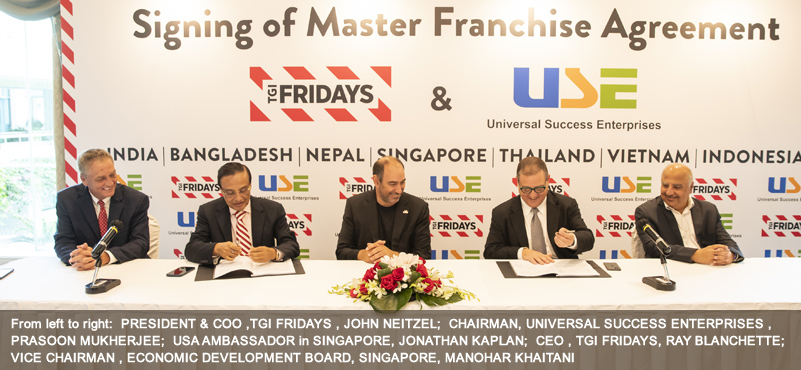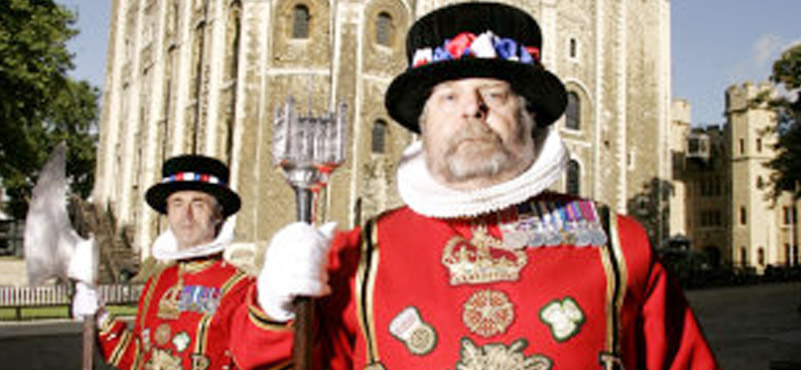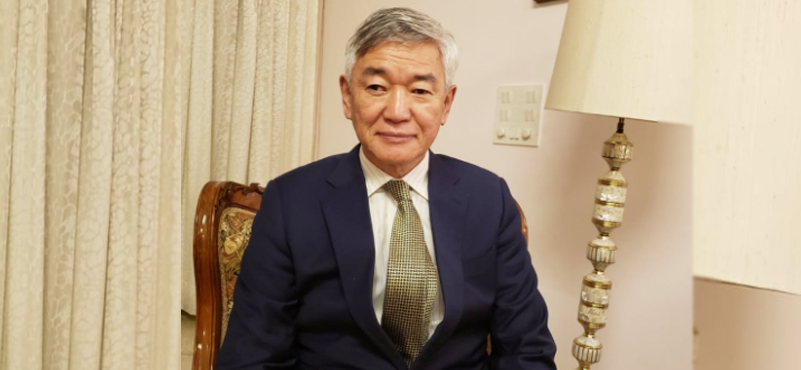The South African Tourism board recently organised travel agent tourism programmes in key destinations across the country. Hanneli Slabber, Country Manager India, South African Tourism spoke exclusively to TourismFirst and emphasised the need for brick-and-mortar outlets along with OTAs to better elucidate the nuances of the product to the end customer (which is what the training program was aimed at), as well as expanding the role of consumers themselves in curating the kind of experience most sought after. Excerpts from the interview:

Country Manager India, South Africa Tourism
What are the realistic expectations from this event? What is the kind of impact you are looking to have via this exercise?
Last year we finished up with ninety-five thousand tourists. That was an increase of 21%. It had been a perfect year for us till October. Then we hit demonetisation and November-December we completely tanked. We had to build it back up this year. Our first month that we could literally see a growth, over the previous year, was March but by the end of April we were ahead of where we were last year. So, naturally, from India we want to have one lakh tourist arrivals because, remember when we report numbers it is only tourist arrivals, not total arrivals. So, you have to look at the descriptions other countries use as well.
What we did here is we did two things. One is our work on the tier-II and tier-III cities. We have been active in these cities for 5 years and it is now paying dividends because they are packaging better. I do not have a problem with B2B, but you cannot have too many B’s in the queue. What happens in that case is that everybody takes a bit, you end up paying a huge some for your holiday but by the time it gets to the South African ground handler, it is around 40%. So, the handler delivers a 40% but you expect an experience worth the whole sum. Initially it was a big queue. Baroda buying from Ahmedabad, Ahmedabad buying from Mumbai and finally Mumbai buying from South Africa. We were in Baroda recently and the now those guys are buying straight out of Africa. This way it is better quality that the consumer gets access to. We are now capitalising on GST. The current GST slabs slot packages at 5% and individual buyers at 18%. So, as a traveller, it is going to be more beneficial to buy packages. The other thing is that it is not the job of the traveller to make the travel agent relevant. If you can get the same deal on an online portal, you are going to go that way. So, it is to help the trade to package smarter which includes everything from the more intellectual experiences to experiences that are just plain fun as well as experiences. The point is to package better and package the appropriate backbone of the package.
The industry focus has been on online. Any specific reason for this huge exercise to give a push to brick-and-mortar outlets?
Yes and No. We have got sixty thousand registered tourism products and over three thousand adventure activities. When you go online, what you get are very basic packages which have been pre-curated for you. What we are trying to train the agents at, is that, when a consumer comes and says that he or she has 4 days in Cape Town, you have to give them a little bit more. The agents have to tell them that these are the six hundred things that you can go and do in Cape Town and you have to choose five hundred out of these. Psychologically, if I tell you that these are the things you can do in four days, you accept that as the base and leave the rest. But the moment I say to you, here are six hundred and now choose the ones that you do not want to do and you have to give back, you feel like you are losing. We do not give the traveller the opportunity to be independent in that way. That is where the brick-and-mortar outlets are going to get smarter. They are the ones who are going to tell the consumer that they can still be independent, that they can still make their own choices. We will always be online as a lot of people search online but what we are trying to communicate here is that there is a lot of value offline. The commitment from the trade side is to train and the commitment from our side is to make sure that when a traveller walks in to a brick and mortar outlet, they sit across the table from a person who understand the destination.
How has the response to the event been, as far as travel agents are concerned?
We are overwhelmed, frankly. We thought we would be doing 1500-1700, over the seventeen cities. But for example, if we look at Gujarat, we were expecting around 40-50 agents and ended up with 162. Delhi had to be spilt in to two because of the number of agents who wanted to participate. It has been really good but in India, playing a numbers game is so easy. What is really interesting is the kind of questions that we are being asked at these sessions. People are asking technical and logistical questions. You can already see how they have tried to work the new stuff in to the already existing setup that they have and that is nice. They are here because they want to learn and not just because of a professional commitment. We also have online training programmes for people to attend.
How has the response been to the online programmes?
It is a specialist programme consisting of a basic course and six specialist courses. We are the second highest country, after South African Travel Trade, to graduate under the specialist module and have the highest number of people who have graduated under the specialist modules. So, India is number two after South Africa.
2016 was a record year for you, in terms of India. What do you ascribe this growth to? Where are you looking to focus on this year?
Travel last year came to a squeaking stop, post demonetisation. We lost so badly over November-December, that we really felt the impact. Add to that the fact that it was the peak season, our latest research shows that 80% of the Indian travellers book less than a month in advance. So, when we wake up in Diwali and think about where we want to go for Christmas, we are going up against Western Europe, we are going against the Germans that have booked out Cape Town in February already. So, we have a capacity issue in any case and so the combination of the two was not great. We recovered in March, this year and we have recovered so well that we already have the figures until the end of April. We have recovered so well, that we are ahead of last year again. We have to see what the fallout of GST is going to be. We were very confident that we were not going to feel demonetisation and we did. From where we are sitting, GST is going to play in our favour because it is going to force package sales instead of individual elements as packages are in a lower tax bracket, but we will have to wait and see.
What are the efforts being put in to increasing direct connectivity?
We always work on direct flights. It is always a big one for us. What we have done this year, that is a little different from what we have done in the past, is that it has always been an all or nothing attitude. We want direct flights and we want them 12 months a year. We re-looked at the model last year, specifically when we ran in to so much capacity issue over the peak period. So, we decided to have direct flight from India from April to August and then we pulled them for the rest of the year. The flights we pulled were put on the lucrative European routes which previously we would have never considered. We want to send the message that the later the booking, the worse it is going to get. 4 years ago, the number of late bookings was 60% and now it is 80%. There is a big route planning conference in Barcelona in September where it will get chalked out that who gets which routes and what planes.




































